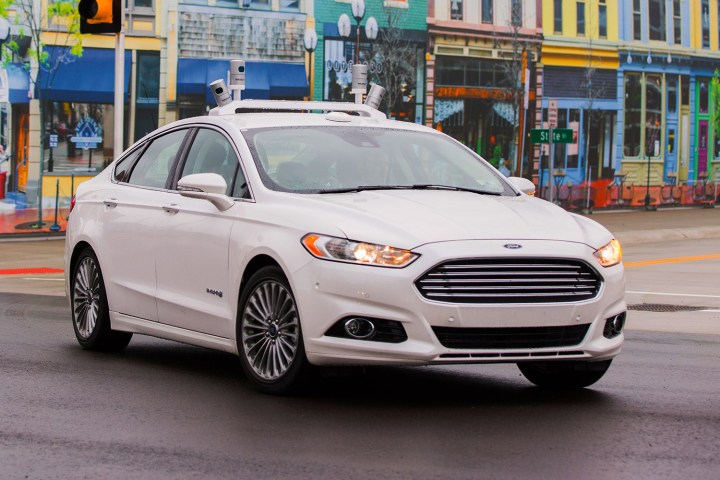
Ontario announced last year that it would be the first Canadian province to green-light testing of autonomous vehicles, given its prominence in the country as the auto capital. The tests come many years after the first self-driving cars hit the road in the United States (the first prototypes were in action by 2009), and now, it seems that they may be further delayed.
Still, despite the lack of actual applications, a spokesman from Ontario’s Ministry of Transportation said that the program had generated significant interest. But interest hasn’t translated into much (or any) action.
Of course, it’s not all that surprising that automakers haven’t been jumping at the opportunity to test in Ontario. Michigan, which serves as the U.S. automotive hub, is just a stone’s throw away from the Canadian province, and offers similar road conditions. And with multiple cities in the U.S also offering to test the technology, it makes sense that many in the industry are looking to stay local.
That said, there’s still hope for Canada and a driverless future. GM is growing its engineering base in Ontario, with hopes of bettering its smart and autonomous cars. So with a bit of patience, there just may come a time when self-driving cars are zipping through the highways of our northern neighbor.
Editors' Recommendations
- Waymo robotaxi attacked and set on fire in San Francisco
- Cruise woes prompt production halt of fully driverless van
- Dubai Police to deploy driverless patrol cars with AI smarts
- Cruise autonomous vehicle drives over woman just after she was hit by another car
- Cruise says it’s nearing approval for mass production of futuristic robotaxi

